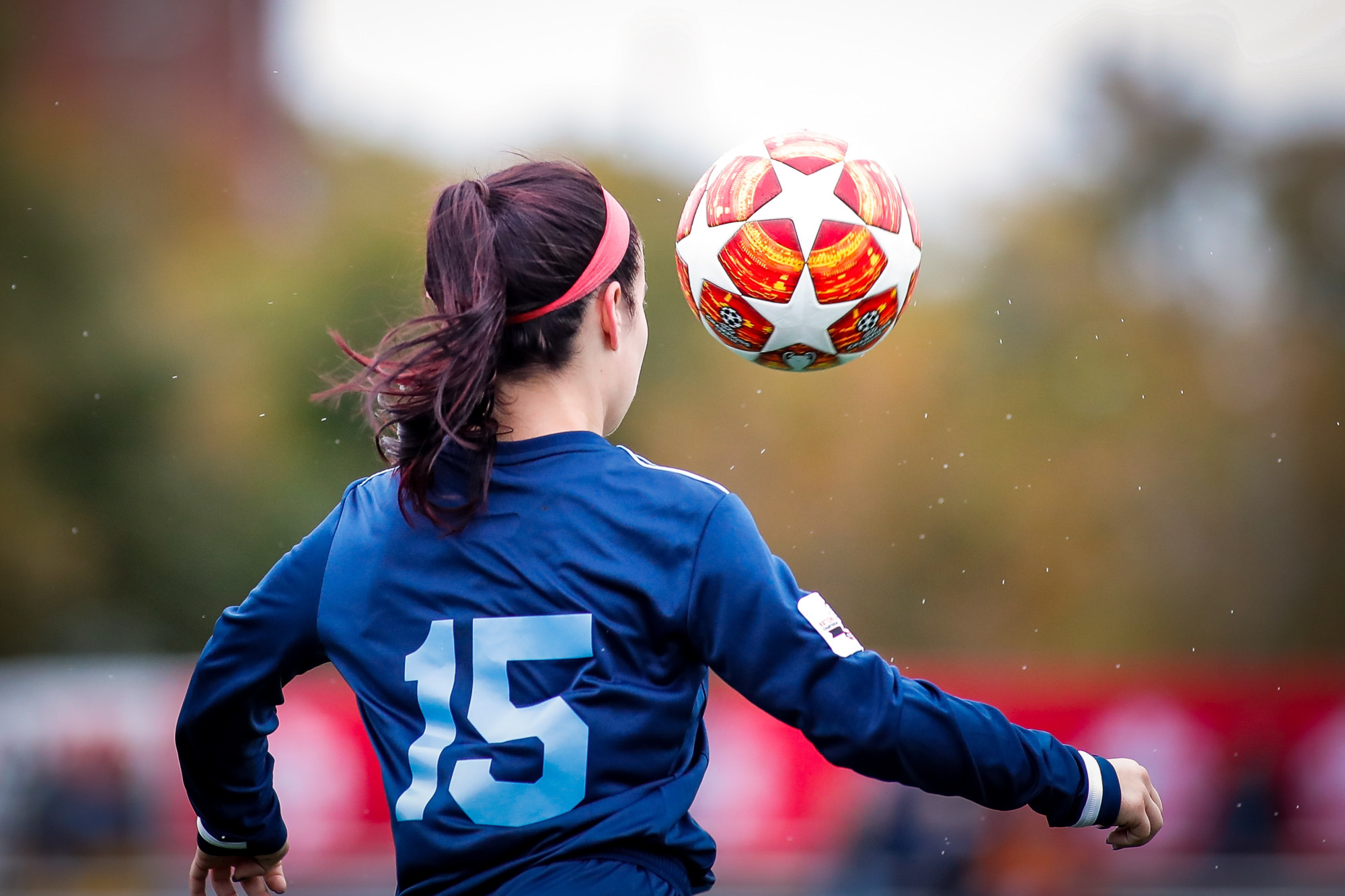Unveiling the Key to Safer Play: The Role of Biomechanical Imbalances in Women's Football Injuries

In the realm of women's football, one injury stands out as a prevalent concern: the dreaded knee injury, including the notorious ACL sprain. Research has now honed in on a significant predictor for such injuries, and it lies in the realm of biomechanical imbalances, particularly core proprioception and awareness of knee over foot function.
Recent studies have indicated that athletes with poor core proprioception and limited awareness of knee positioning in relation to the foot are more susceptible to devastating knee injuries. The lack of stability and control in these areas creates a vulnerability that can lead to season-ending setbacks.
Through specific assessment techniques and tailored exercise regimens, physiotherapy has emerged as a crucial tool in mitigating biomechanical imbalances. By identifying individual weaknesses and imbalances, skilled physiotherapists can then design targeted exercises that focus on improving proprioception and postural awareness.
Through a combination of stability drills, balance exercises, and specific strength training, these physiotherapy programs empower footballers to fortify their bodies against potential injuries. As athletes build a better understanding of their movements and develop heightened control over their knee positioning, the risk of ACL sprains and other knee injuries dramatically decreases.
Kick Pain to the Sidelines! Vogel Street Physiotherapy - Your MVPs for Tackling Football Injuries! Call 027 474 0224 to Get Back in the Game!